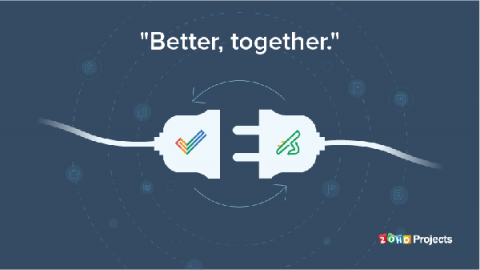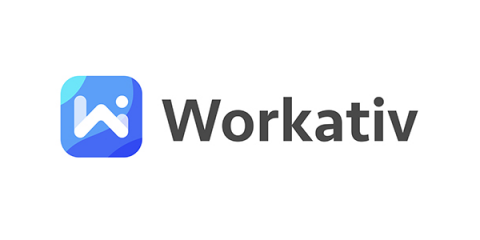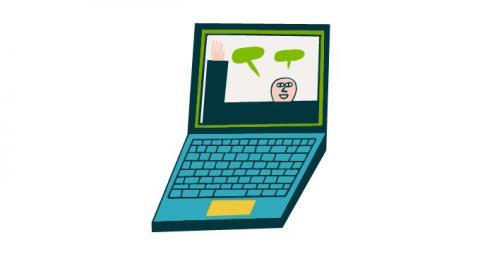Teams | Collaboration | Customer Service | Project Management
%term
How to Maintain a Great Team Culture and Consistently Deliver Moments of WOW
As a growing customer service team, consistently delivering moments of WOW while maintaining a positive culture along the way is just one of the challenges you’re likely to face. That’s alongside the growing pains of dealing with waves of new people joining the company, lots of change and unknowns, new processes and guidelines, dealing with legacy customers and agents who are used to a different style of support… the list goes on.
What's the difference between real-time analytics and historical analytics?
We make choices all day, from the clothes we put on to what we’re having for dinner. In the workplace, the decisions we make for our team members trickle down to customers. Outfits and dinner are highly personal — it’s nobody’s business how many times this week you wore the same pants and ate mac and cheese. But when it comes to decisions that affect our teams, how do we know we’re making the right choice?
Introducing the Projects-Sprints integration: Get the best of both worlds
In project management, there is a constant struggle at identifying the best approach for work: the classic Waterfall methodology or the more flexible Agile methodology. It’s hard to find an organization that only follows either one of these. Though there may be scrum purists who would revolt against the idea of integrating Waterfall and Agile approaches, a hybrid process is often what many teams prefer.
The 3 key product decisions every product manager has to make
Decisions, decisions! Life’s full of them – from life-changing choices such as if you should accept that enticing job offer or relocate to another country to those smaller things like what to have for lunch! And decision-making is a central aspect of the product management role: the success of the product depends on the ability to make the right decisions at the right time and then communicate them effectively.
The 5 most important customer service techniques
Customers are king and in order to treat them like royalty, your customer service team needs to deliver the best experience every time. That’s why customer service professionals should strive to master these five customer service techniques:
Why Is It (IoT) Internet Of Everything (IoE)?
With the whole world flocking towards IoT market, businesses are rushing themselves to produce more and more smart devices. Even though its first foundation was laid in the late 1980s by students from Carnegie Mellon University, the actual boom began when the thought model for future interconnection environment was proposed, in 2004.
Cultivate community for a better customer experience
People are talking about you—and, let’s be honest, you might not like what they’re saying. Customers will always be discussing your products and services out in the wild—conversations between real human beings, from power users sharing their knowledge to folks just ramping up seeking tips and tricks. Even if you don’t always like what you see, you definitely need to be part of the conversation.
Messaging apps are open for business
Messaging apps are how many of us communicate today. Around the world, people are connecting on their favorite messaging platforms, like WhatsApp, iMessage, WeChat and Facebook Messenger. At work, we collaborate with enterprise messaging apps like Slack and Microsoft Teams. We chat in real-time like we previously did on the phone (“I’m pulling up to your house, you ready?”), or we chat asynchronously through email (“Any ideas for dinner tonight?”).
A Simple Method to Boost Your Support Team's Productivity
Let’s face it – it’s easy for anxiety and boredom to creep into any job, including customer support. Listening to customers’ rants, complaints, and arguments incessantly can be a challenging exercise. Not to mention the equally daunting and exhausting task of following-up and responding to one angry customer after another. Before you know, your support agents are burning-out like dry wood struck by lightning in the summer grasslands of Australia.











